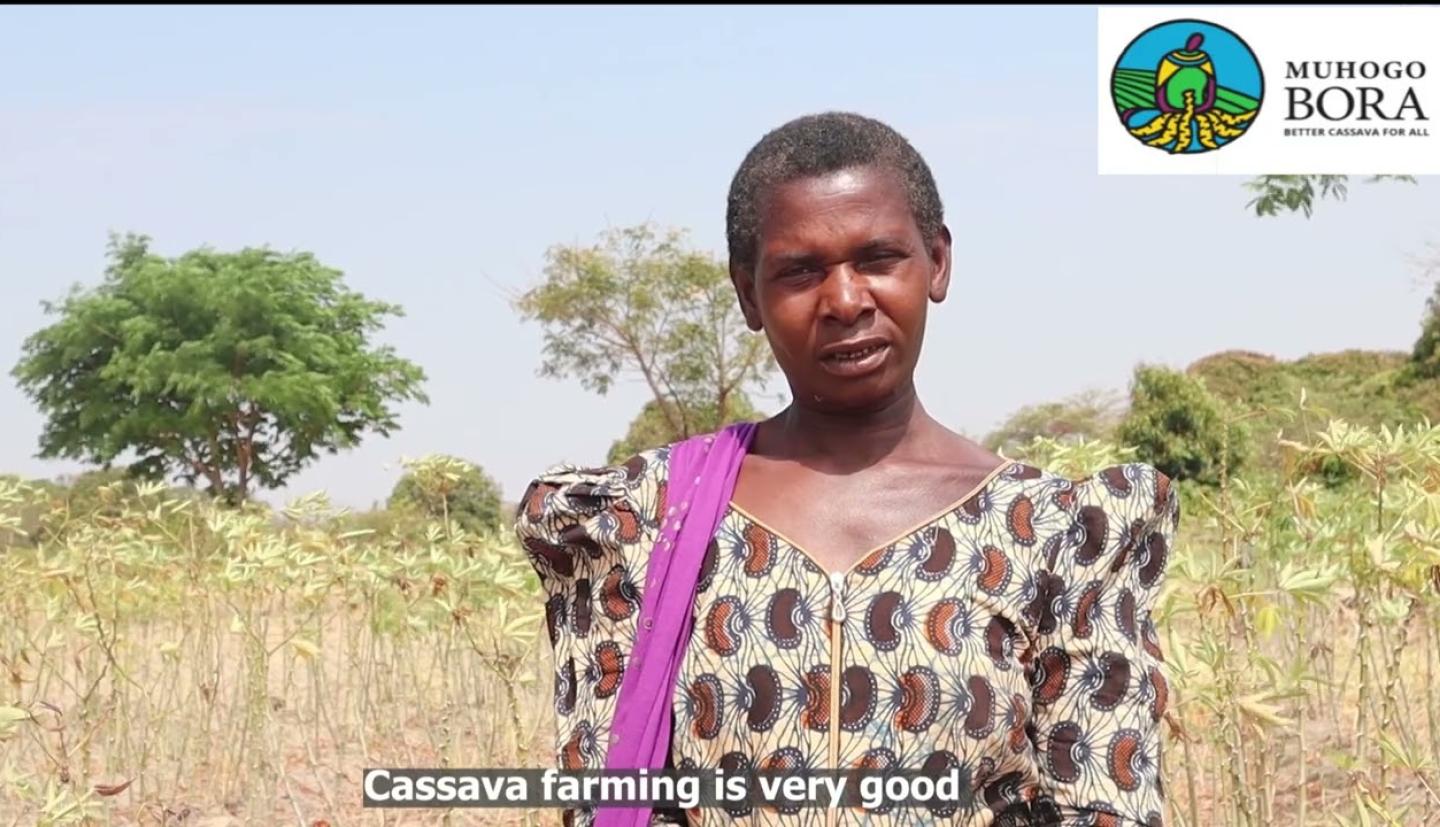The United Nations General Assembly declared every October 15, as the International Day of Rural Women. This day is dedicated to celebrating the achievements and contributions of millions of women living in remote, rural places towards rural development and agriculture as well as to appreciate the hurdles that they experience in their everyday lives.
Within the agricultural sector of developing countries, it is well known that the labour burden of rural women exceeds that of men, with women accounting for approximately 60-80% of agricultural labour force. In doing so, they often manage complex households and other livelihood activities such as working for wages in agricultural or other rural enterprises, collecting fuel and water, engaging in trade and marketing, caring for family members and maintaining their homes. Indeed, within agricultural production, it’s been argued that seed is the key entry point for empowering women smallholder farmers through commercial seed production enterprises given they play a central role in seed exchanges, selection, production, and storage, contributing to enhancing nutrition and maintaining crop diversity while strengthening their role in formal seed system.
At Muhogo Bora, we seek to develop gender-responsive cassava seed systems in Tanzania with targeted outreach in the Western Zone. Specifically, our project aims to ensure that women, youth, and marginalized rural farmers from geographically underserved regions participate and benefit as cassava seed entrepreneurs (CSEs).






